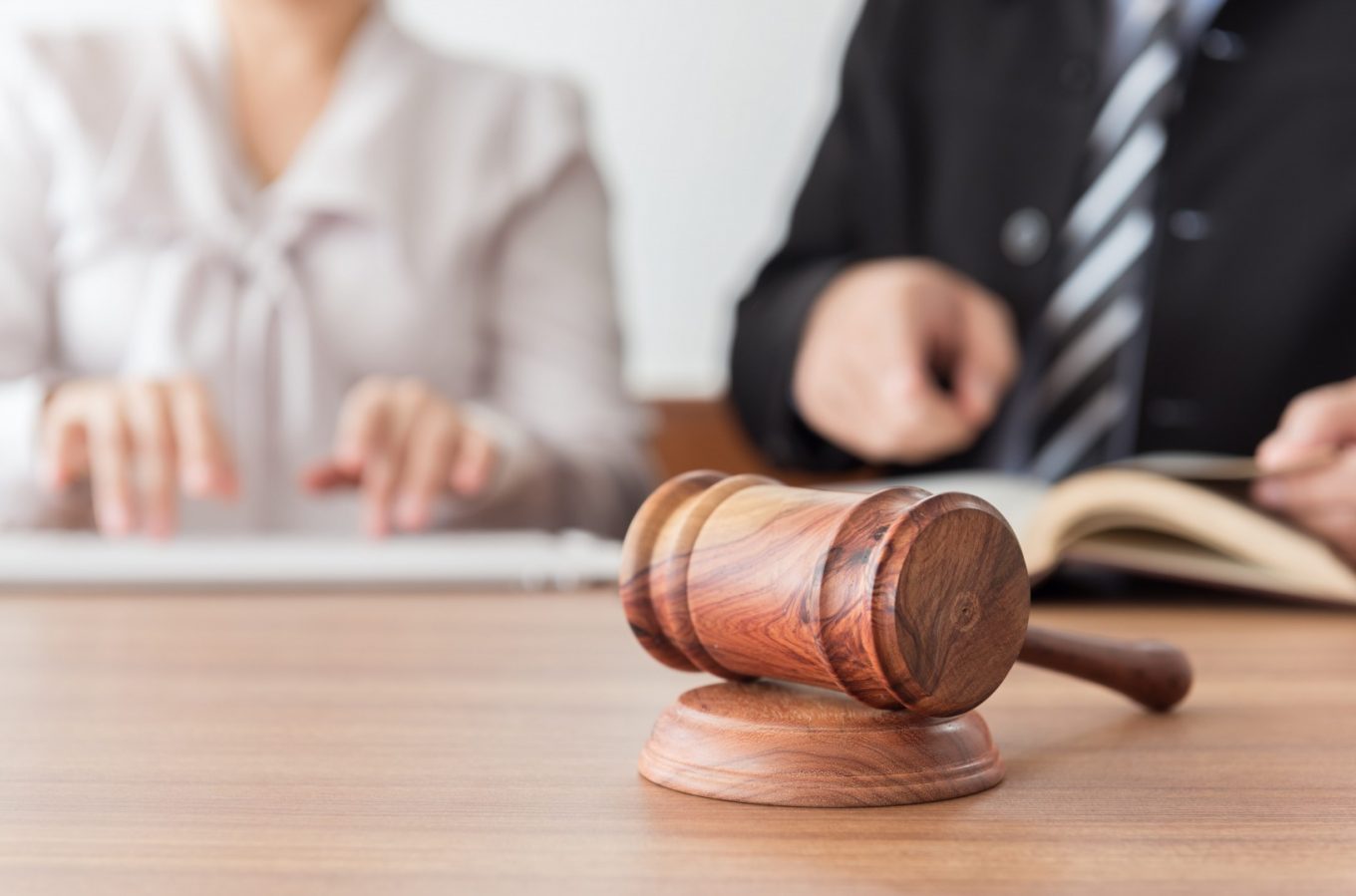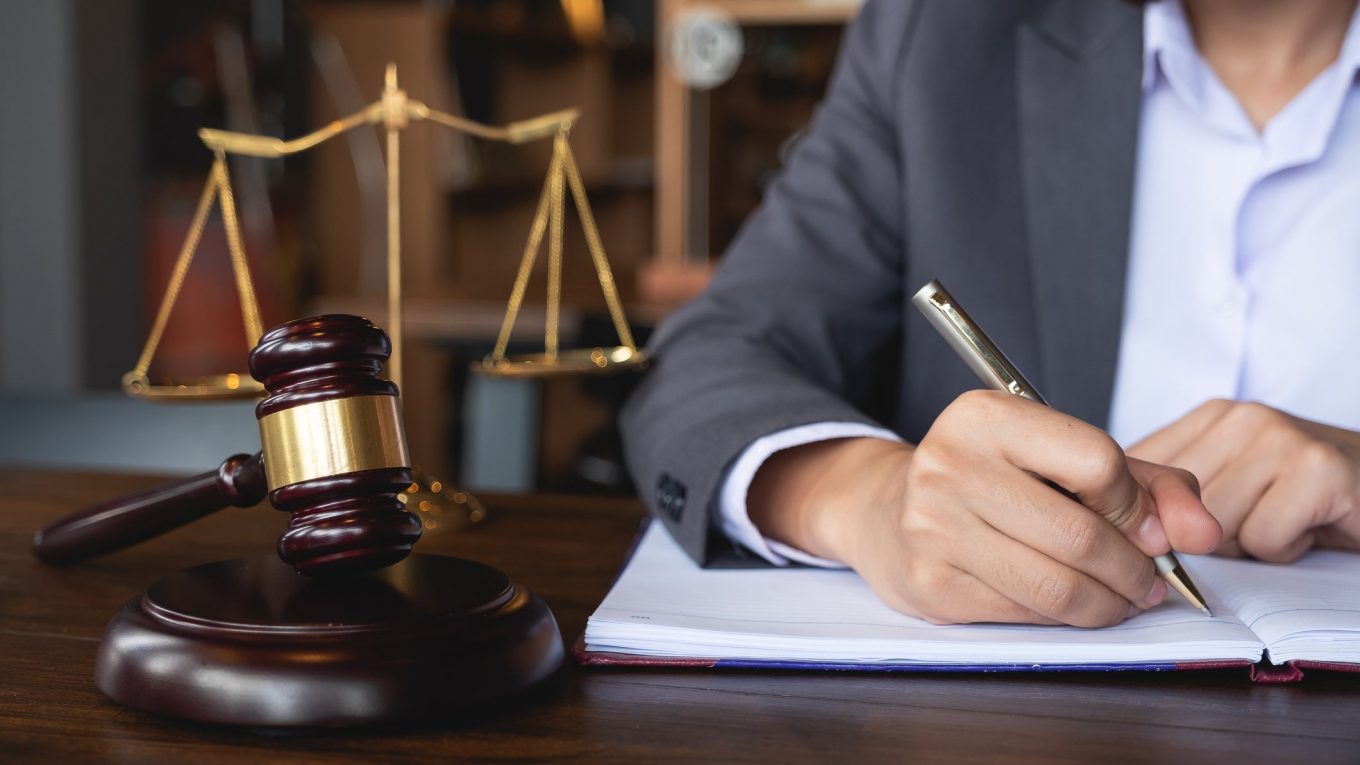Many business owners worry about the risks of lawsuits. Whether you’re running a small business or a large company, the threat of a legal claim is always there.
The key to protecting your assets lies in understanding and implementing strategies that shield them from potential business lawsuits.

With the right precautions, you can focus more on growing your business rather than fearing what might happen if a lawsuit is filed.
Why You Need to Protect Your Personal Assets from Business Lawsuits
It’s important to keep your personal assets safe from business lawsuits. If your business gets sued, your personal savings, home, and other belongings could be at risk.
By separating your personal and business assets, you create an extra layer of security for your finances.
Imagine losing your house because your business faced legal trouble. Estate planning can help shield personal items from being used to pay business debts. When you have proper asset protection, it keeps your personal wealth safe if your business faces legal issues.
Forming a Limited Liability Company (LLC) is one way to protect yourself. An LLC separates your personal and business finances.
You can simplify your asset protection strategy by choosing from some of the best online LLC services tailored to meet small business needs.
Regularly reviewing your protections with a legal or financial advisor can help. They can make sure your business structure and estate plans keep you safe from unexpected lawsuits. Doing this makes sure you’re always one step ahead in keeping your personal assets secure.
Ways to Protect Your Assets From Business Lawsuits
Here are some of the best ways to protect your assets from any business litigation:
#1. Choose the Right Business Structure
Choosing the right business structure is crucial for protecting your personal assets. There are several options, each with its pros and cons.
- Sole Proprietorship: This is the simplest way to start a business. However, it doesn’t provide a shield for personal assets.
- Limited Liability Company (LLC): An LLC helps separate your personal assets from your business liabilities, offering protection in case of a lawsuit.
- Corporations: Corporations, like S corporations or C corporations, also offer personal liability protection. Corporations are legally required to have a board of directors, which adds structure but might involve more costs and regulations.
It’s important to consider how each structure fits your business needs. LLCs and corporations are often preferred due to the liability protections they offer.
#2. Purchase Adequate Insurance
Getting the right insurance is like putting a safety net around your business. Insurance policies protect you from unexpected problems that could cost you big time.
Liability insurance is a must-have. It covers claims related to property damage or injuries. This insurance gives you peace of mind and helps you handle legal costs.
Think about an umbrella policy. It adds an extra layer of security by increasing your liability coverage beyond your regular policy limits.
If you provide professional services, consider professional liability insurance, also known as malpractice insurance. This covers mistakes or negligence claims that might come up from your work.
Review your insurance coverage regularly. Ensure your policies are updated to match your business growth and potential risks.
#3. Keep Business and Personal Finances Separate
Separating your business and personal finances is a smart move. It helps you manage your money better and provides legal protection. When business and personal finances are mixed, it can get confusing and risky.
Legal Protection: By using a separate account for business expenses, you’re better protected if your business faces legal issues.
Financial Clarity: A clear distinction between your finances makes managing your business easier. It helps in budgeting and ensures you know exactly what money belongs where.
Better Accounting: Accurate records are essential for tax filing and audits. By maintaining separate accounts, you’ll avoid mixing up transactions, making it easier to track expenses and revenue.
Tips:
- Open separate bank accounts.
- Use different credit cards for personal and business purchases.
- Keep your receipts organized.
#4. Use Contracts and Agreements
Making smart use of contracts and agreements is a key way to protect your business. Clear agreements with clients, customers, and suppliers make sure that everyone knows what to expect. This helps avoid misunderstandings and disputes.

- Roles and responsibilities: Define what each party will do.
- Timelines: Set clear deadlines for deliverables.
- Payment terms: Specify how and when payments will be made.
Regularly review contracts and update them if necessary. This keeps your agreements aligned with any changes in your business operations or regulations.
Remember, it’s important to put everything in writing, even small details. This can be as simple as documenting verbal agreements with a follow-up email for the record.
#5. Incorporate Asset Protection Trusts
Asset protection trusts (APTs) can be a smart way to protect your assets from legal claims. These trusts are designed to hold your assets safely.
Domestic Asset Protection Trusts are legal in some states. They allow you to remain both a trustee and a beneficiary. This means you can control your assets within the trust while shielding them from lawsuits.
Foreign Asset Protection Trusts are based in other countries. They offer more protection since they are outside U.S. jurisdiction. The Cook Islands and Nevis are well-known places for these trusts.
Creating an asset protection trust involves transferring assets into the trust. It’s important that this is done before any legal issues arise. If a lawsuit is already pending, it might be too late.
#6. Secure Personal Guarantees Wisely
Taking on a personal guarantee can seem like a huge leap. It’s important to know exactly what you’re committing to and how it could impact your financial life.
Before offering a personal guarantee, read the agreement thoroughly. Look for terms that could leave you vulnerable.
To protect yourself, consider these tips:
- Limit the Amount: Specify a maximum amount for which you’re liable.
- Negotiate Terms: See if you can negotiate off-limits periods or exit clauses.
- Collateral Protection: Avoid putting significant personal assets like your home on the line.
Make sure you keep your financial health in mind. Don’t overextend yourself with guarantees that might affect your personal assets.
#7. Maintain Proper Records and Compliance
Keeping good records is super important. It helps you avoid problems and keeps your business running smoothly.
Stay compliant with all laws and regulations that impact your business. This can include tax laws, business licenses, and safety standards. Being up-to-date with these rules helps in avoiding any fines or legal issues.
Using software for record-keeping is a smart move. Digital storage means your documents are safe and easy to access. This is way more reliable than just using paper files. Plus, many software options offer cloud storage, which helps in backing up your files automatically.
Train your team on the importance of maintaining accurate records. Everyone involved should know where to store documents and understand the basics of compliance.
Regular audits are a good way to ensure everything is in order. Audits can reveal any missing or incorrectly stored documents. By checking your records often, you help protect your business from potential legal issues down the road.
#8. Lease Equipment and Property
Leasing equipment and property can be a smart way to protect your assets from business lawsuits. By leasing, you don’t own the equipment or property outright. This means they usually can’t be seized if you face legal troubles.
When you lease, you’re paying to use the equipment or space without taking on full ownership. This can also help with cash flow since you avoid large upfront costs.
Key benefits of leasing:
- Preserve Cash: Leasing helps keep more money in your pocket.
- Flexibility: You can upgrade or change equipment easily at the end of a lease.
- Tax Deductions: Lease payments might be tax-deductible, reducing your taxable income.
Always read lease agreements carefully. Look for terms about using, returning, or repairing what’s leased. You want everything to be clear and fair.
#9. Use Effective Retirement Plans
Your retirement plans can serve as a strong shield against business lawsuits. Many retirement accounts, like 401(k)s and IRAs, receive legal protection under federal laws. This makes it difficult for creditors or lawsuits to reach them.
Always make sure to contribute regularly to these accounts. Not only do they secure your future, but they also protect your funds.
ERISA Protection
The Employee Retirement Income Security Act (ERISA) offers robust protection for employer-sponsored retirement accounts. This means your 401(k) is generally safe from most business-related lawsuits.
Take advantage of these retirement plans by maximizing your contributions. It’s a smart move for both financial growth and asset protection.
Non-ERISA Accounts
Even non-ERISA accounts like IRAs have some level of protection, although it varies by state. Before taking action, it’s wise to check your state’s specific laws related to asset protection.
Setting up an annuity or placing funds in a pension plan can provide another layer of security. These vehicles often have different protection rules and can be part of your diversified approach to asset safety.
Remember, investing in retirement plans is not only about preparing for retirement; it’s also a strategic step in preserving your wealth from potential business risks.
Gianluigi Cuccureddu is co-founder of Damarque, helping you to improve your commercial performance through better engagement with your employees, customers and strategic business partners.
We offer high-impact training, coaching and consulting services for professionals, teams and organizations to help improve people ánd organizational performance and innovation capability in an efficient and sustainable way.












